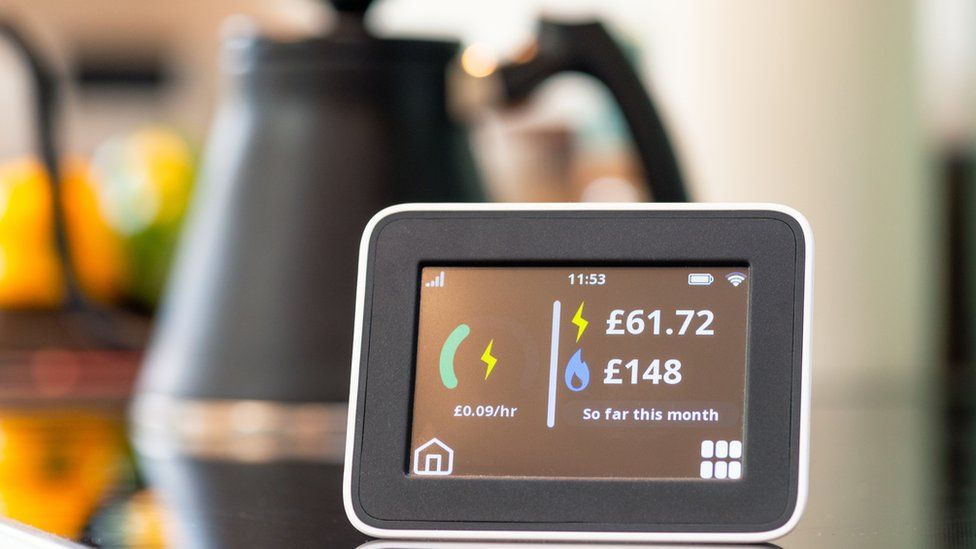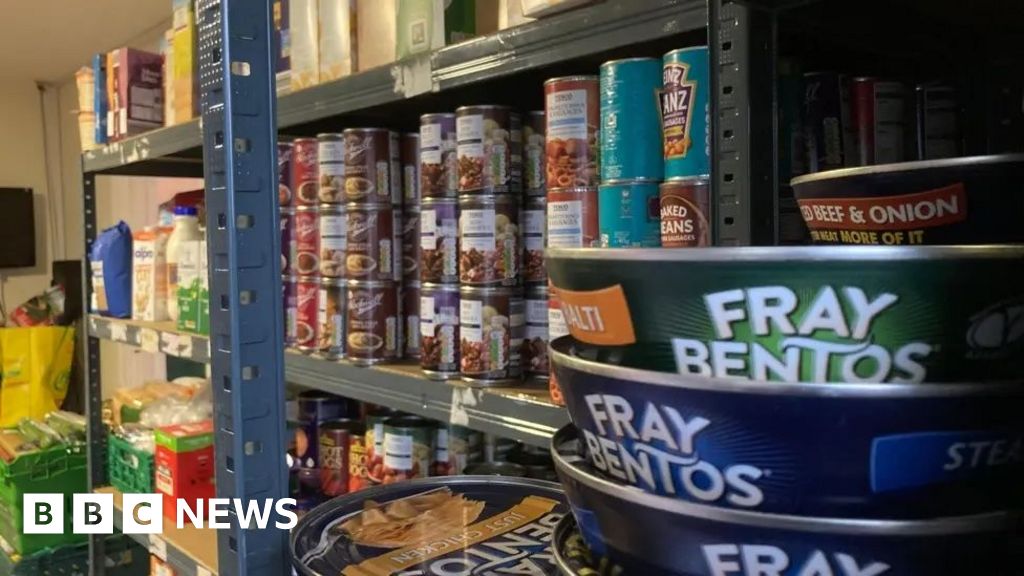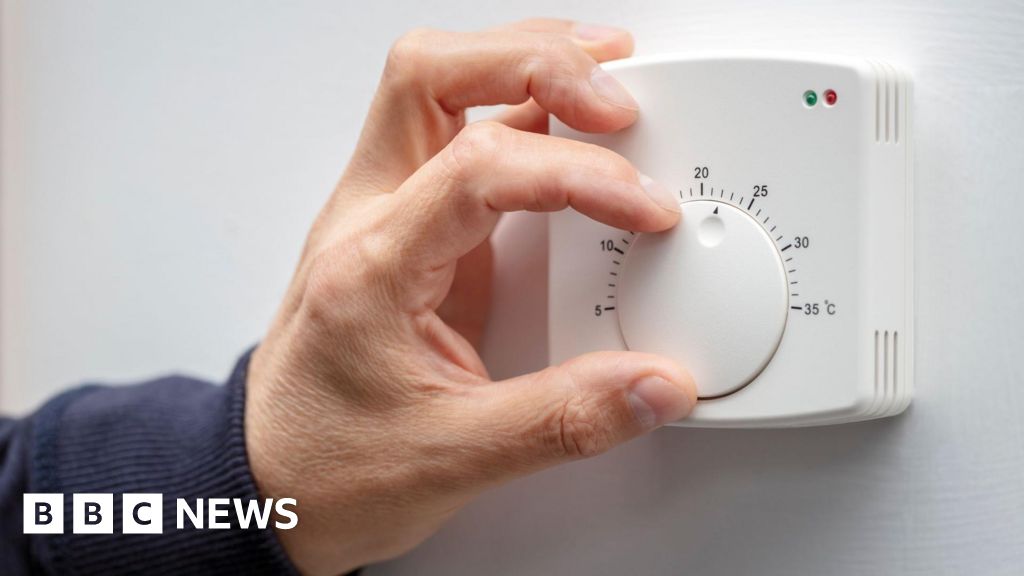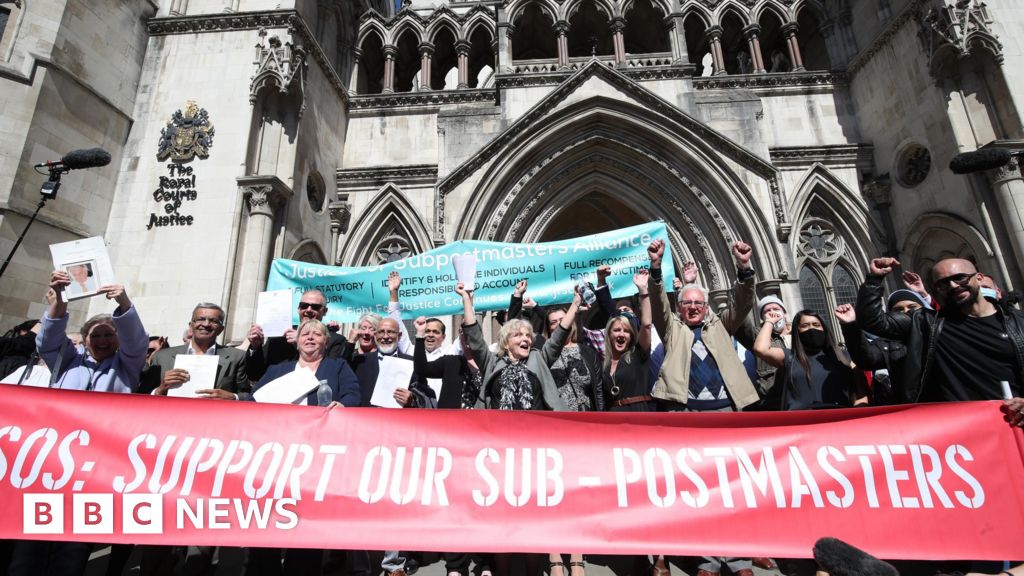ARTICLE AD BOX
By Michael Race
Business reporter, BBC News
 Image source, Getty Images
Image source, Getty Images
Plans to enable households to get discounts on electricity bills if they cut use at peak times are set to be announced in the next two weeks.
The scheme would allow people to save cash if they avoid high-power activities, such as cooking or using washing machines, when demand is high.
It is understood the service is likely to apply to homes which have smart meters installed.
There are hopes it can be put in place this winter, with energy bills rising.
"We are developing a new service that will be available for consumers to benefit from across this winter and will be announcing further information soon," a spokesman for National Grid ESO - which will run the scheme - said.
It is understood the company's proposals of how it will work, such as how money will be paid back to customers, are expected to be revealed in the next fortnight, with consultations taking place with energy providers and the UK's energy regulator Ofgem.
It has been reported that rebates for minimising the use of goods such as tumble dryers, dishwashers and games consoles during the peak hours of 17:00 and 20:00 could be as high as £6 per kWh saved.
National Grid ESO previously told the BBC the service is "not about energy rationing", despite fears over supplies, with Russia's invasion of Ukraine affecting oil and gas supplies to Europe.
The typical household energy bill is forecast to reach £3,582 a year in October.
That is when the price cap - the maximum amount suppliers can charge customers in England, Scotland and Wales for each unit of energy - goes up again. It has been forecast to rise further to £4,266 in January.
National Grid ESO has hosted webinars with energy firm to ask for feedback on its proposals.
The move follows a trial where Octopus Energy offered incentives for 100,000 customers who reduced consumption.
Octopus Energy has said during the trial its consumers received credit on their energy accounts and also had a "self-refund option" where they could get cash transferred to their bank accounts.

 2 years ago
40
2 years ago
40








 English (US) ·
English (US) ·